What Vitamins & Supplements Should You Take? How to Start Your Daily Regimen
Maintaining a healthy lifestyle involves a variety of factors, including a balanced diet, regular exercise, and adequate sleep. However, even with a well-rounded diet, it can be difficult to get all of the necessary vitamins and minerals that our bodies need to function properly. That’s where a supplement can come in. With so many different options available, it can be overwhelming to know where to start. In this blog post, we’ll explore some of the essential supplements that can benefit your overall health and wellness, and provide tips for starting a daily regimen that works for you.
Disclaimer: I am not a health care professional, I am just a human who has experienced various different health concerns and I have used each of these Different supplements to restore my health. Consult a health care professional and ask about complementary and integrative health if you have any questions about your specific health needs.
Getting Started: Building Your Supplement Foundation
Building a solid supplement foundation is essential for anyone looking to improve their health and wellbeing. The first step is to assess your current health status and identify any areas that may require additional support. Once you have a clear understanding of your needs, you can begin researching supplements that can provide the necessary nutrients and support. It’s important to choose high-quality supplements from reputable brands and to read the labels carefully to ensure they contain the right ingredients in the correct amounts. It’s also a good idea to consult with a healthcare professional or registered dietitian to ensure that you’re choosing additional supplements that are safe and effective for your individual needs. By building a strong supplement foundation, you can support your overall health and wellbeing and achieve your health goals more effectively.
What Vitamins Should You Take? Supplement “Must-Haves”
Here is the overview of vitamins, minerals, and dietary supplements you will want to consider for your daily vitamin intake. Continue reading for detailed insight into each of these nutrient resources and questions to ask yourself to find which ones you should take to put yourself in optimal health.
1. A Men’s or Women’s Daily Multivitamin: Everyone should have a high quality multi vitamin supplement. This important vitamin will help keep us healthy and help overall health problems.
2. Vitamin D Complex: This vitamin is perfect for those who live in closer climates or have office jobs and spend less time outdoors, which is commonly linked to a deficiency. Most people have a vitamin D deficiency and will benefit from a daily dose of vitamin D.
3. Calcium Citrate, Magnesium, Zinc Complex: The perfect vitamin for those who want to help their bone strength and over all body functions. These 3 minerals help almost every other function in your body happen and are considered to be an essential vitamin.
4. Prebiotic and Probiotic: Perfect for those who struggle with bowl movements and digestive issues. The essential nutrients in a Pre/probiotics vitamin are healthy bacteria streams.
5. Ashwagandha: This lesser known vitamin helps heal adrenal fatigue, decrease stress, and helps you sleep better.
6. B-Complex: A tired mom or busy college student will benefit from a vitamin B complex because this vitamin helps our body convert food into energy. Perfect for someone who needs help with energy levels. This vitamin can also help with those who are pregnant in tackling morning sickness.
7. Daily Greens Powder: Perfect for busy lifestyles who often forget to eat their veggies. Diet should come first, but a greens powder can provide a great boost to someones overall health.
8. Amino Acids: Every athlete needs to focus on recovery after a workout and Amino acids do that job perfectly. BCAA’s are what help our muscles recover and build up after they are broken down during a workout.
9. Protein Powder: Everyone needs a high quality protein powder in their house. I do not suggest replacing meals with a protein shake, but if your diet is lacking protein this is a simple and yummy way to increase protein.

Daily Vitamins and Their Benefits
1. A Men’s or Women’s Daily Multivitamin
If you can only afford one vitamin this should be the one you choose. A multivitamin is made specifically for men and women to provide them with all the nutrients that we do not always get in our diet.
It’s important to note that taking a daily multivitamin should not replace a healthy and balanced diet, but can be a useful supplement for those who may not consume enough nutrients through their food alone. It’s also important to consult with a professional before starting any new supplement regimen.
Here are some groups of people who might benefit from taking a daily multivitamin:
- Individuals who don’t consume a balanced and varied diet, including vegetarians and vegans who may have limited sources of certain nutrients
- Pregnant or lactating women who need additional nutrients to support their own health and that of their developing fetus or breastfeeding baby
- Elderly individuals who may have difficulty absorbing certain nutrients from their food, or who have a limited appetite and may not consume enough nutrients
- People with certain medical conditions that affect nutrient absorption, such as inflammatory bowel disease or celiac disease
- Individuals who are recovering from surgery or illness, as their bodies may have increased nutrient needs during the healing process
- People who follow a low-calorie diet for weight loss or other health reasons, as they may not consume enough vitamins and minerals from their limited food intake
- Athletes or people who engage in regular intense physical activity, as they may have increased nutrient needs to support their energy expenditure and muscle recovery
- Individuals who live in areas with limited sun exposure and are at risk of vitamin D deficiency, or who have a history of osteoporosis or bone fractures.
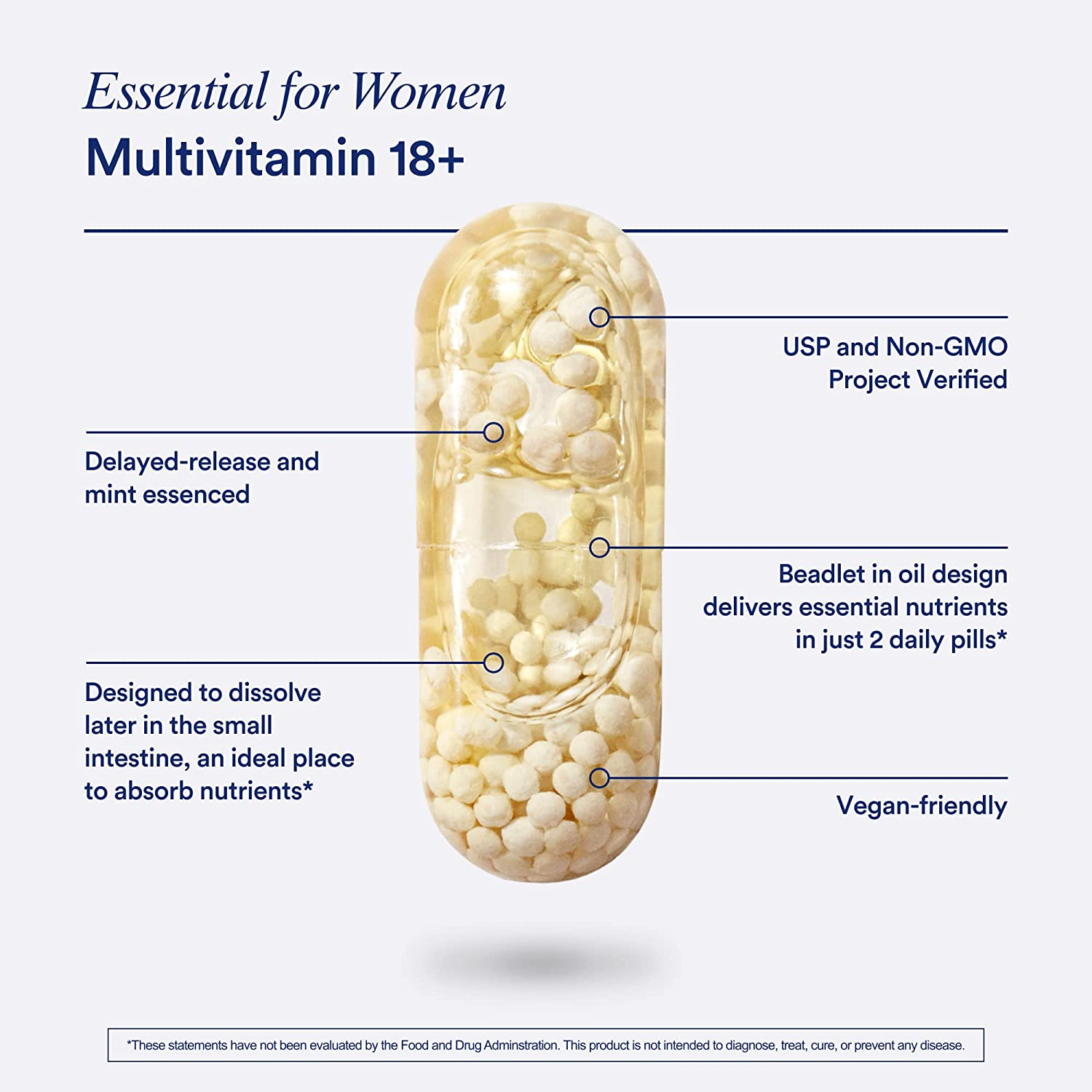
2. Vitamin D Complex
Vitamin D is a fat-soluble vitamin that plays a crucial role in the body’s ability to absorb and use calcium, which is essential for healthy bones. It also helps regulate immunity, cell growth, and inflammation.
Here are some reasons why someone may benefit from taking a vitamin D supplement:
- Promotes bone health: Vitamin D helps the body absorb calcium, which is essential for building and maintaining strong bones. A deficiency in vitamin D can lead to conditions like osteoporosis or rickets, especially in older adults.
- Supports immune function: Vitamin D has been shown to help regulate the immune system, and a deficiency can increase the risk of infections and autoimmune diseases.
- Reduces the risk of certain diseases: Adequate levels of vitamin D have been associated with a reduced risk of several diseases, including multiple sclerosis, heart disease, and certain types of cancer.
- Helps with mood and mental health: Some studies have suggested that vitamin D may play a role in regulating mood and reducing the risk of depression.
- Supports muscle strength: Vitamin D is important for maintaining muscle strength and function, which can help reduce the risk of falls and fractures in older adults.
While it’s possible to get vitamin D through diet and exposure to sunlight, many people may not get enough through these sources alone, especially during the winter months or in areas with limited sun exposure. A vitamin D supplement can help ensure adequate levels and provide the associated health benefits. It’s important to consult with a professional to determine the appropriate dosage and monitor levels over time.
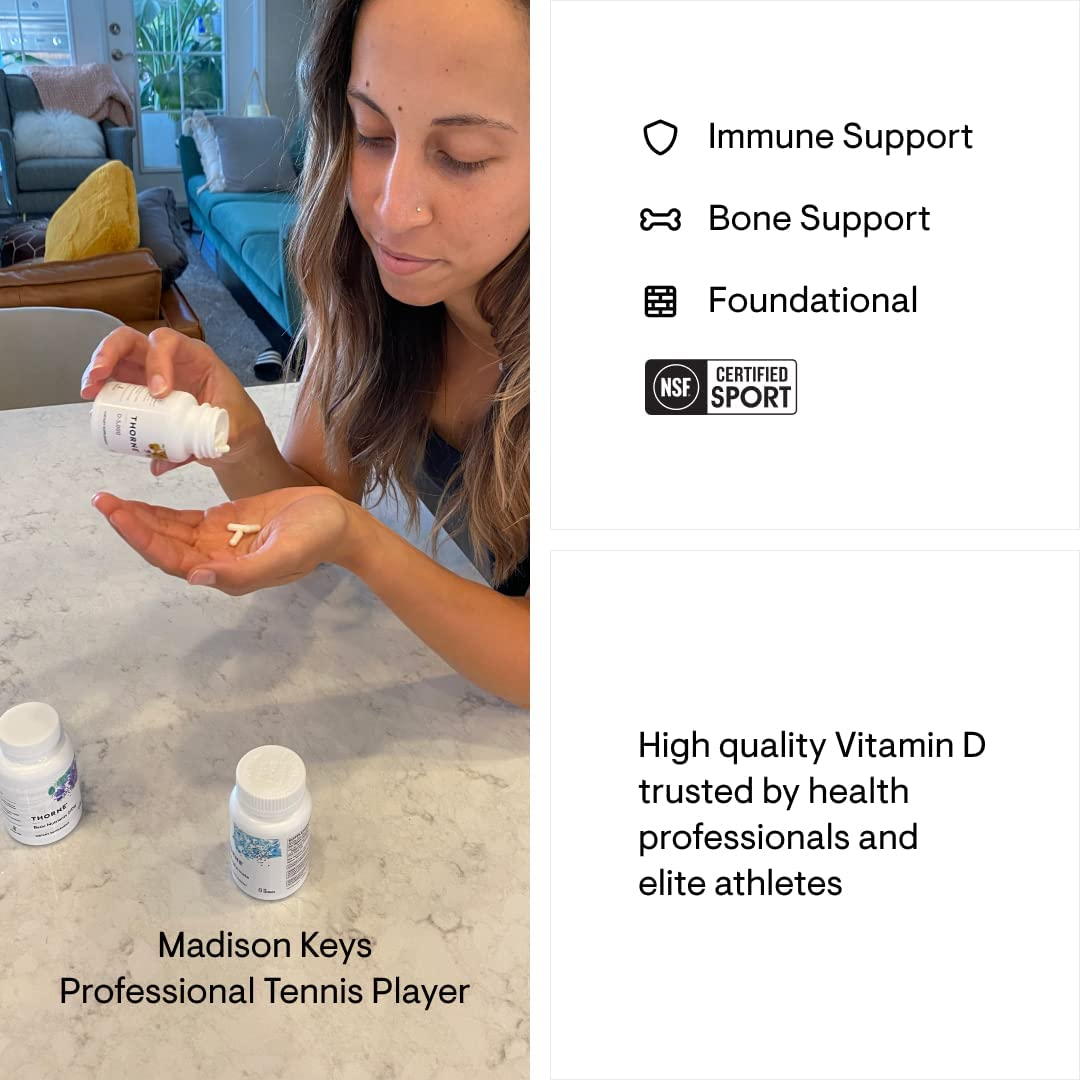
3. Calcium Citrate, Magnesium, Zinc Complex
Calcium Citrate, Magnesium, Zinc Complex is a combination of three important minerals that are essential for various functions in the body. Here’s the significance of each of these minerals and why someone might benefit from taking a supplement containing them:
Calcium Citrate:
Calcium is a crucial mineral for our bones and bone density, as it is the primary component of bones and teeth. It also plays a role in muscle contraction, nerve function, and blood clotting. Calcium citrate is a form of calcium that is easily absorbed by the body, making it an ideal choice for individuals who have difficulty absorbing other forms of calcium.
Magnesium:
Magnesium intake is involved in many bodily functions, including muscle and nerve function, blood pressure regulation, and energy metabolism. It is also important for bone health, as it helps our bodies absorb calcium. Many people do not consume enough magnesium through their diet, so supplementation may be beneficial. Magnesium is also a natural laxative so increasing your daily Mg may help someone improve regular bowl movements.
Zinc:
Zinc is a mineral that is important for wound healing and DNA synthesis. It also plays a role in taste perception, and is involved in the metabolism of carbohydrates, fats, and proteins. Zinc deficiency is not uncommon, particularly in certain populations such as vegetarians and older adults.
Combining these three minerals in synthetic form of a supplement can provide several potential benefits, including:
- Improved bone health: A calcium supplement and magnesium are both important for our bone, and zinc also plays a role in bone formation.
- Better muscle function: Calcium and magnesium are both involved in muscle contraction and relaxation.
- Enhanced immune system function: Zinc is important for immune function, and may help reduce the risk of infections.
- Reduced risk of deficiency: Many people do not consume enough of these minerals through their diet, so supplementation can help prevent deficiencies.
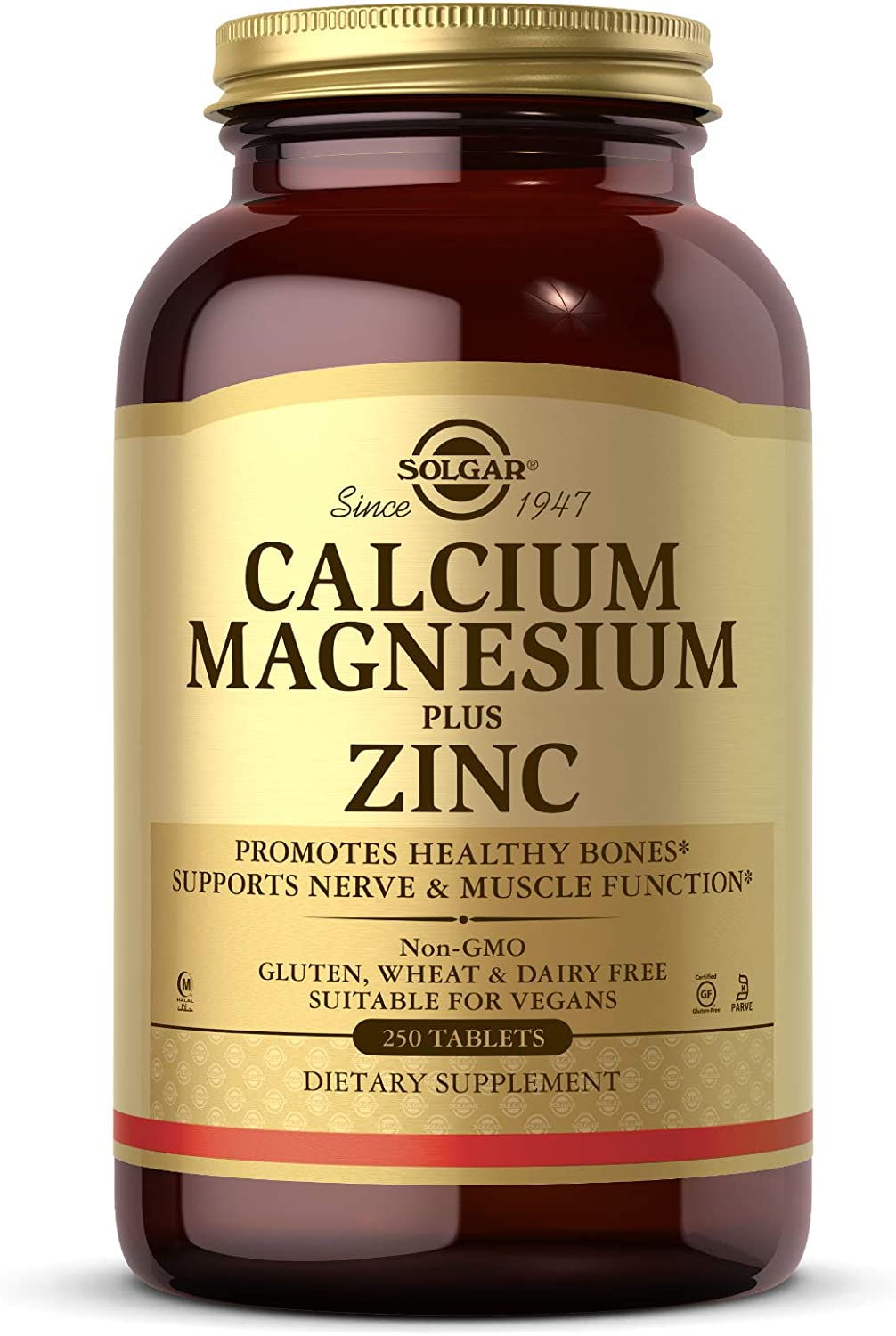
4. Prebiotic and Probiotic
Prebiotics and probiotics are both important for maintaining a healthy gut microbiome, which is the community of microorganisms that live in our digestive system.
Probiotics are live bacteria and yeasts that are beneficial to our health. They help maintain a healthy balance of gut bacteria, improve digestion. Probiotics can be found naturally in fermented foods like yogurt, kefir, sauerkraut, and kimchi, as well as in supplement form.
Prebiotics, on the other hand, are types of dietary fiber that are not digested by the body but instead are fermented by the gut bacteria. This fermentation process produces short-chain fatty acids, which can provide energy to the cells in the colon and have other health benefits. Prebiotics can be found in many plant-based foods such as asparagus, bananas, garlic, onions, and whole grains.
Taking a prebiotic and probiotic supplement together can provide additional benefits beyond what each can provide on their own. Here are some reasons why someone might benefit from taking a prebiotic and probiotic supplement:
- To improve digestion and relieve digestive discomfort such as bloating, gas, and constipation
- To support immunity and reduce the risk of infections
- To improve mood and cognitive function, as there is a strong connection between the gut and the brain
- To manage or prevent certain health conditions, such as irritable bowel syndrome (IBS), inflammatory bowel disease (IBD), and allergies
- To improve nutrient absorption and promote overall gut health.
It’s important to note that not all prebiotic and probiotics are created equal, and the effectiveness of a supplement can vary depending on the specific strains and dosages. It’s always a good idea to consult with a professional before starting any new supplement regimen.
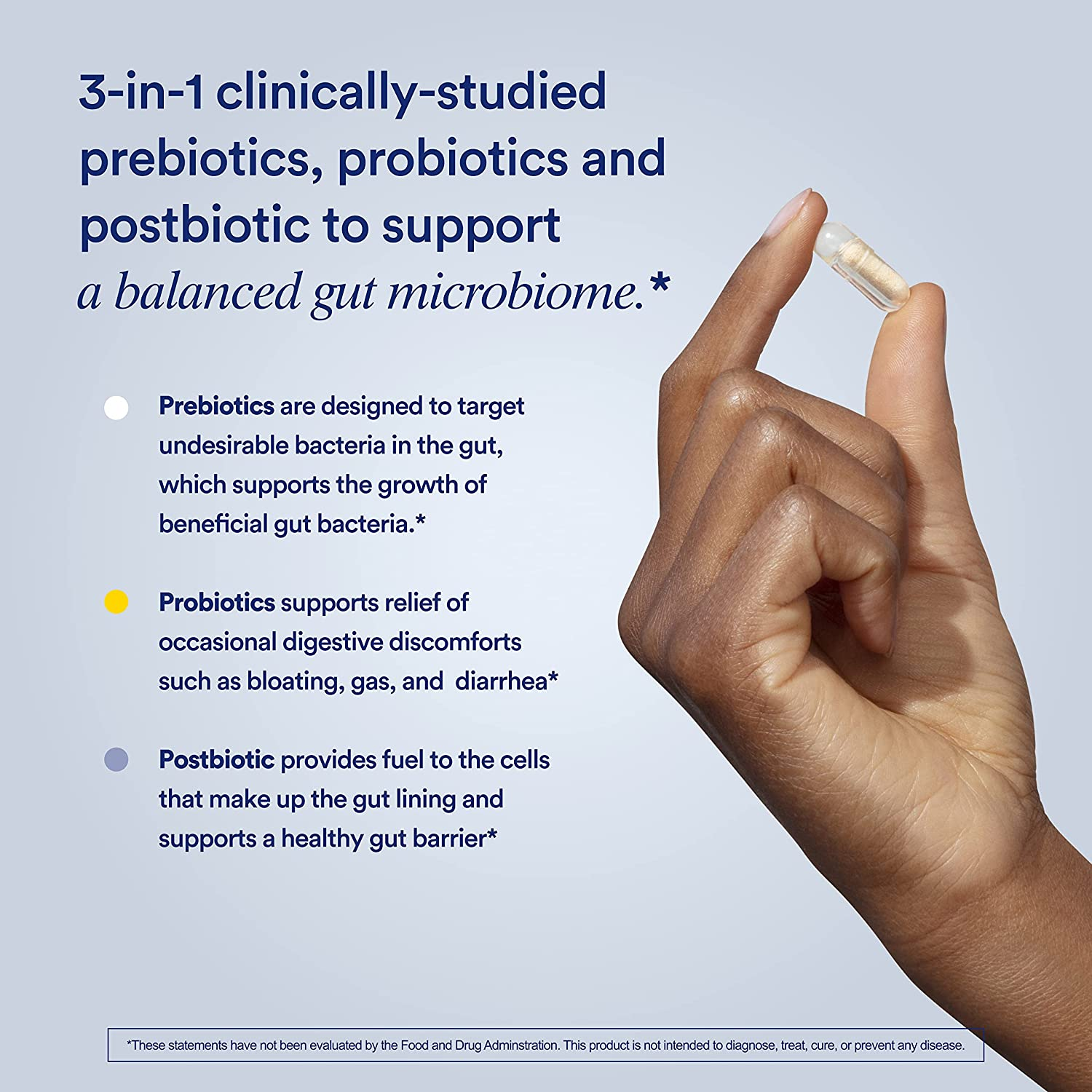
5. Ashwagandha
Ashwagandha is an herb that has been used in traditional Ayurvedic medicine for centuries to help improve physical and mental health. Here are some potential benefits of taking an Ashwagandha supplement:
- Stress and anxiety reduction: Ashwagandha may help to reduce cortisol, a hormone associated with stress, and promote feelings of relaxation and calmness.
- Improved brain function: Ashwagandha may help to improve memory, focus, and mental clarity, as well as reduce symptoms of depression.
- Increased energy and endurance: Ashwagandha may help to improve physical performance and endurance, as well as increase energy levels.
- Anti-inflammatory properties: Ashwagandha may have anti-inflammatory effects, which can help to reduce inflammation throughout the body and potentially improve certain conditions such as arthritis.
- Immune system support: Ashwagandha may help to support the immune system and protect against infections.
It’s important to note that while Ashwagandha is generally considered safe for most people, it may interact with certain medications or have side effects in some individuals. It’s always a good idea to talk to your healthcare provider before starting any new supplement regimen.
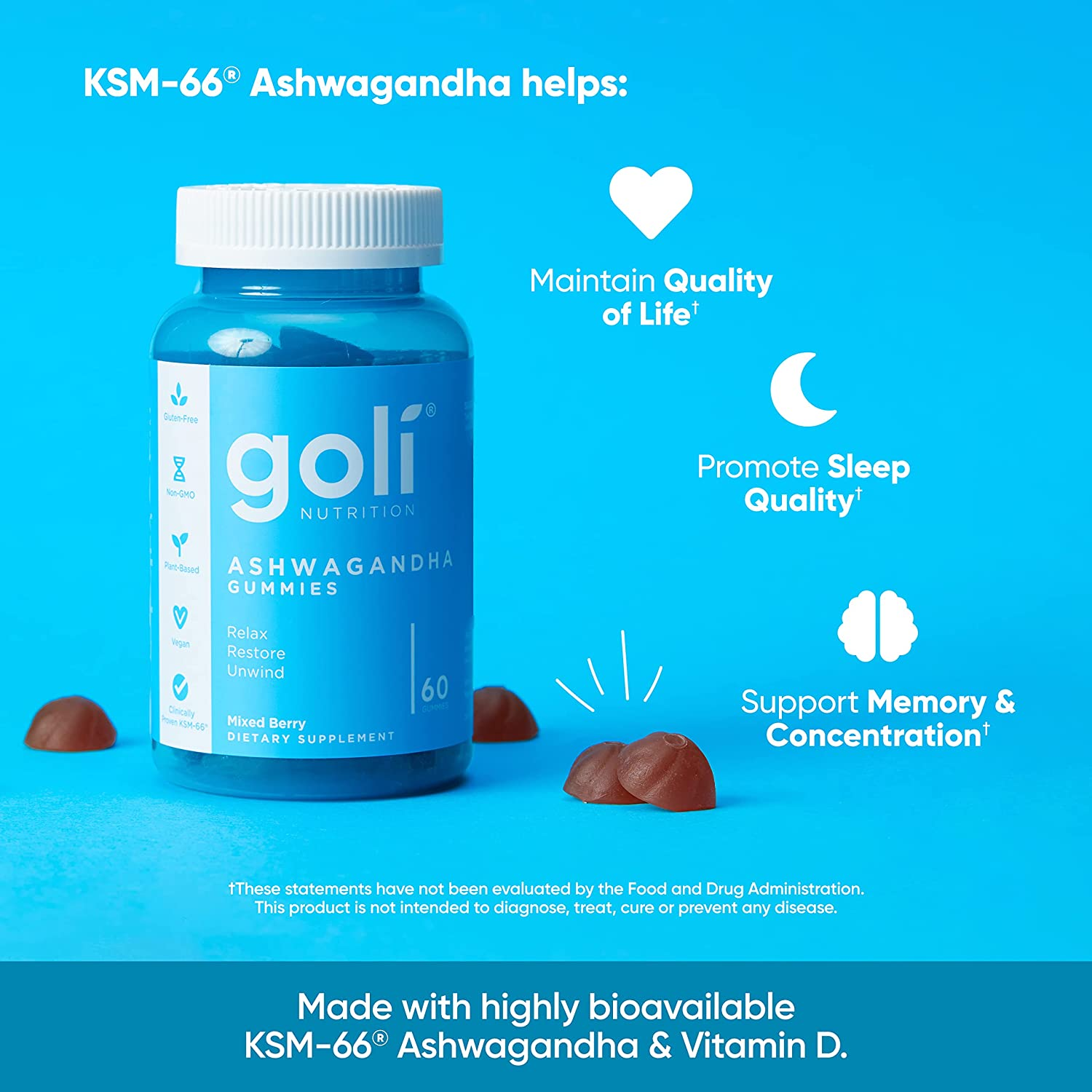
6. B-Complex
B vitamins are a group of water-soluble complex’s that play important roles in many functions of the body, including energy production, metabolism, organ function, and nervous system function. The B-complex’s include thiamine (B1), riboflavin (B2), niacin (B3), pantothenic acid (B5), pyridoxine (B6), biotin (B7), folic acid (B9), and cobalamin (Vitamin B12).
Here are some reasons why someone might benefit from taking a B-complex supplement:
- Energy production: These play an important role in converting food into energy, so taking a B-complex supplement can help support energy levels.
- Metabolism: B vitamins also play a role in the metabolism of fats, carbohydrates, and proteins. By taking a B-complex supplement, individuals can help support their metabolism and maintain healthy levels of macronutrients in their body.
- Nervous system function: B vitamins are also important for maintaining healthy nervous system function, which includes supporting healthy cognitive function and mood.
- Pregnancy: Pregnant women may benefit from taking a B-complex supplement, as the vitamins are important for fetal brain development and may help reduce the risk of birth defects. It also is known to help fight morning sickness.
- Vegan and vegetarian diets: People who follow vegan or vegetarian diets may benefit from taking a B-complex supplement, as they may not consume enough of these vitamins through their diet alone.
- Alcohol consumption: People who consume alcohol regularly may benefit from taking a B-complex supplement, as alcohol can interfere with the body’s ability to absorb and use these vitamins.
It’s important to note that while B-complex supplements can be beneficial, it’s best to talk to a healthcare provider before starting any new supplement regimen.
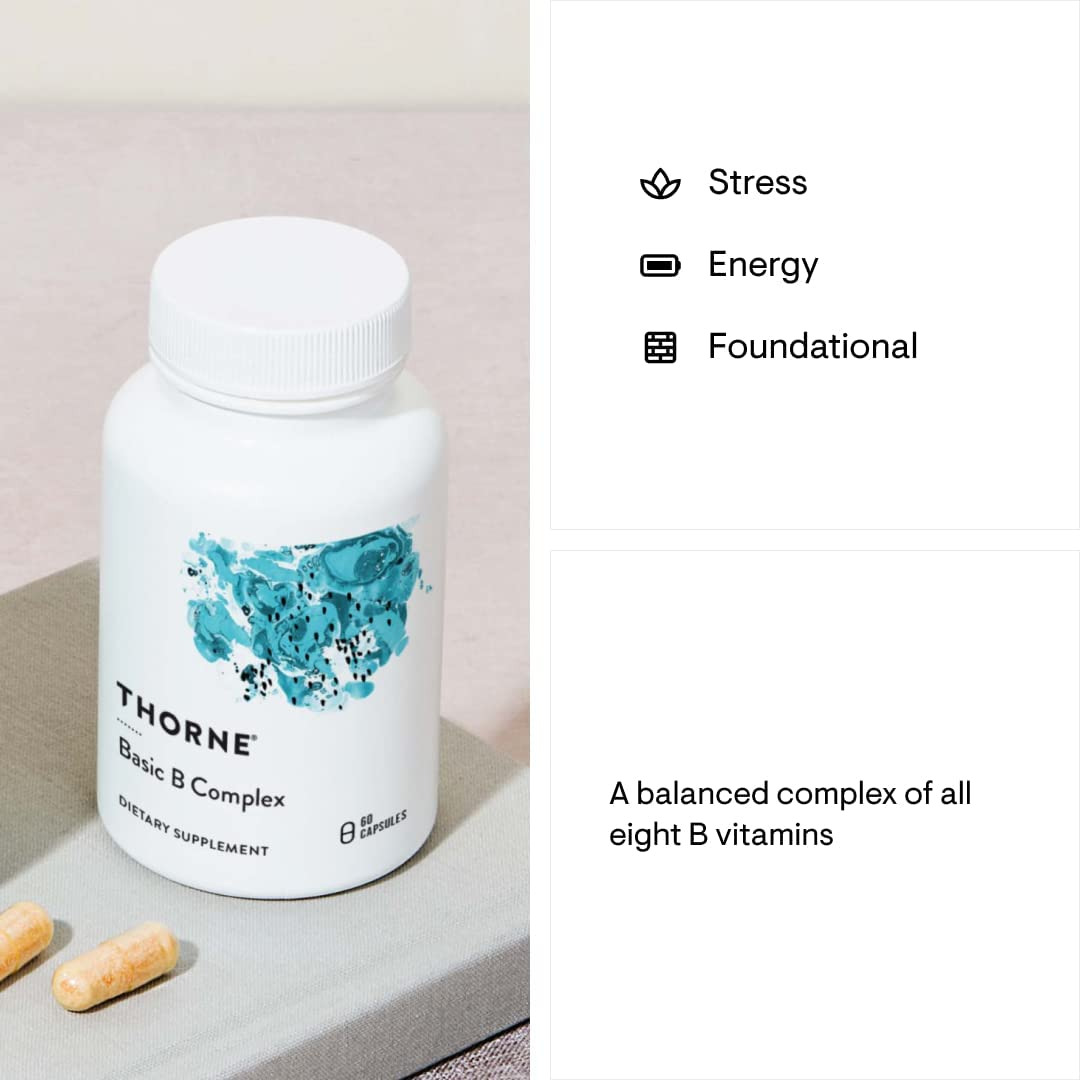
7. Daily Greens Powder
Daily Greens Powder is a dietary supplement that typically contains a blend of nutrient-dense plant foods, such as kale, spinach, broccoli, wheatgrass, spirulina, chlorella, and other greens. These powders are usually taken by mixing them with water or juice and consumed as a drink.
Here are some potential benefits of taking a Daily Greens Powder supplement:
- Nutrient density: Greens powders can provide a concentrated source of vitamins, minerals, and antioxidants that may be lacking in your diet.
- Digestive health: The high fiber content in greens powders can promote healthy digestion and regularity.
- Energy and vitality: The nutrients in greens powders can help support healthy energy levels and overall vitality.
- Immunity: The antioxidants and phytonutrients in greens powders can help support a healthy immune system.
- Alkalizing properties: Many greens powders have an alkalizing effect on the body, which can help counteract the acidic nature of many modern diets.
However, healthy people know that while greens powders can be a useful addition to a healthy diet, they should not be used as a replacement for whole fruits and vegetables. It’s also important to choose a high-quality greens powder from a reputable manufacturer and to consult with a professional before starting any new supplement regimen.
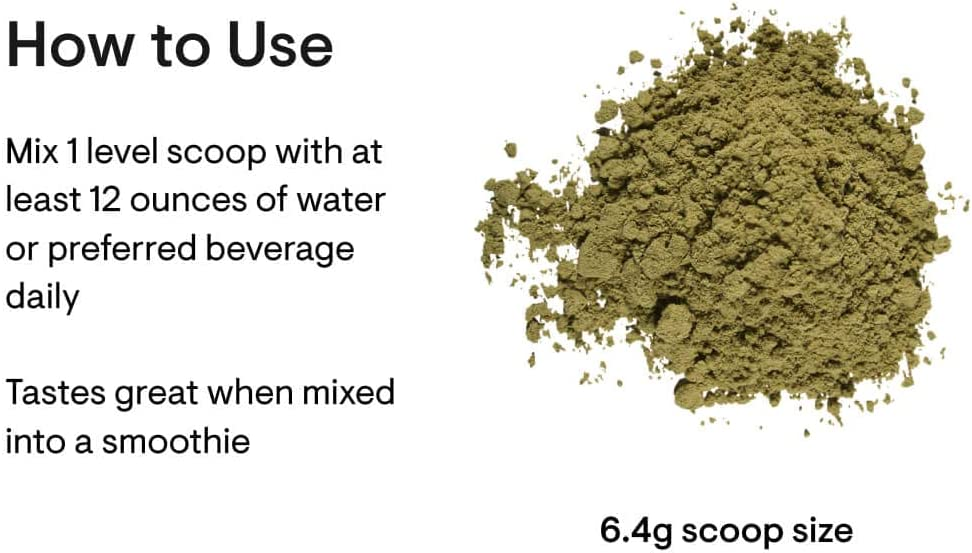
8. Amino Acids
BCAAs (branched-chain amino acids) are a group of three essential amino acids: leucine, isoleucine, and valine. Essential amino acids cannot be produced by the body and must be obtained from the diet or supplements. BCAAs are found in high protein foods such as meat, dairy, and legumes, but they can also be consumed as a supplement.
Here are some potential benefits of taking a BCAA supplement:
- Muscle growth and recovery: BCAAs are important for protein synthesis, which is the process of building muscle. Leucine is particularly important for stimulating muscle protein synthesis, and BCAAs can also help reduce muscle damage and soreness after exercise.
- Energy during exercise: BCAAs can be used as a source of energy during exercise, especially during prolonged or intense exercise. This can help improve endurance and delay fatigue.
- Reduced muscle breakdown during fasting or calorie-restricted diets: When the body is in a calorie deficit, it may break down muscle tissue for energy. BCAAs can help reduce this muscle breakdown and preserve muscle mass.
However, it’s important to note that BCAAs should not be relied upon as a sole source of nutrition and that they are not necessary for everyone. Those who consume a diet rich in protein, especially animal protein, may not need to supplement with BCAAs. Additionally, BCAAs should be used in conjunction with a balanced diet and regular exercise.
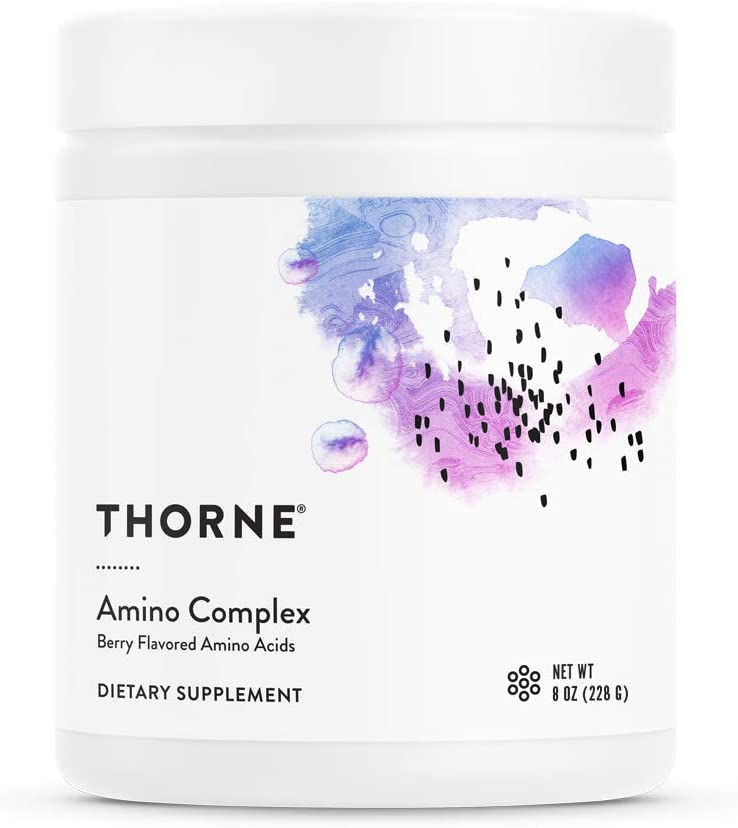
9. Protein Powder
Protein powder is a dietary supplement that typically contains a high concentration of protein, usually derived from animal or plant sources such as whey, casein, soy, pea, or rice. Here are some potential benefits of taking a protein powder supplement:
- Supports muscle growth and repair: Protein is an essential nutrient for building and repairing muscles. Athletes or people who engage in regular intense physical activity may benefit from taking a protein powder supplement to help support muscle growth and repair.
- Helps with weight management: Protein is known to be more satiating than carbohydrates or fats, meaning it can help you feel fuller for longer and potentially reduce your overall calorie intake. This can be especially beneficial for those looking to manage their weight.
- Convenient and portable: Protein powder is easy to mix with water, milk, or other liquids, making it a convenient and portable option for people who are busy or on-the-go.
- Suitable for vegetarians and vegans: Some protein powders are made from plant sources, making them suitable for vegetarians and vegans who may have difficulty getting enough protein from their diet.
- May help with recovery after exercise: Protein powder, especially whey protein, have been shown to help with post-exercise recovery by reducing muscle damage and soreness.
It’s important to note that protein powders should not replace whole food sources of protein in your diet. Rather, they can be a useful supplement for those who have increased protein needs, such as athletes or people who follow a vegetarian or vegan diet. It’s also important to choose a high-quality protein powder that is free from contaminants and additives. As always, it’s a good idea to consult with a professional or registered dietitian before starting any new supplement regimen.
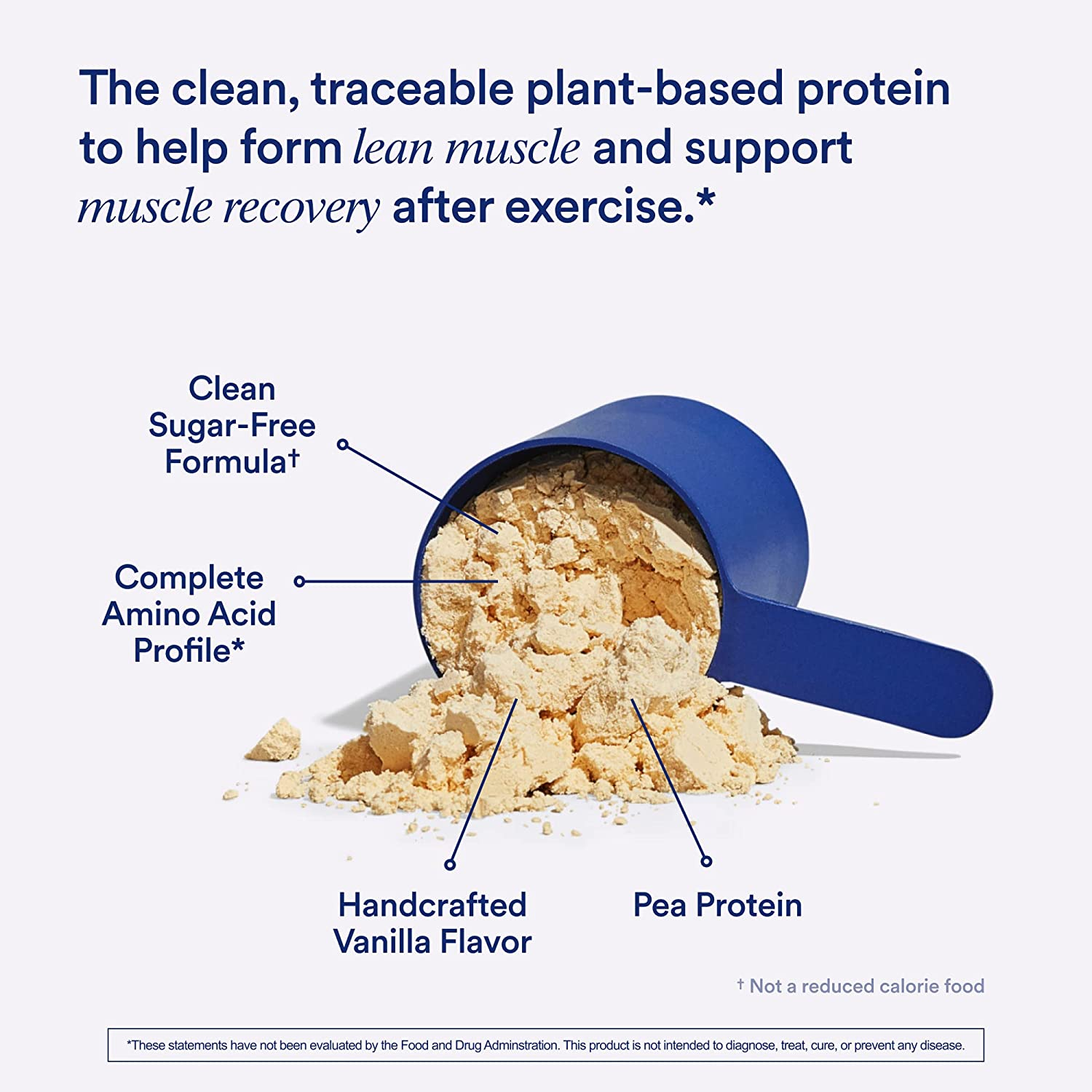
Reputable Vitamin Brands
You can find all of these vitamins in various forms at your local grocery store. In fact your local store may even have these brands in stock. These are brands I have used personally and I can stand by their quality of product. I hope this list helps you find the right vitamins for you.
1. Ritual Vitamins: A company that specializes in creating clean and transparent multivitamins for women with high-quality nutrients sourced from around the world.
2. Thorne: A health and wellness company that offers a range of nutritional supplements, including vitamins, minerals, and botanicals, which are all extensively tested for purity and efficacy.
3. Goli: A company that creates vegan-friendly (not made with animal products) gummies containing apple cider vinegar to promote healthy digestion, weight management, and immunity.
4. Kirkland Signature (only sold at Costco): A private label brand of Costco that offers a range of products from food to household items, including supplements, which are sold exclusively in Costco stores.
5. Garden of Life: A company that produces organic and non-GMO nutritional supplements and protein powders using whole food ingredients.
6. Pure Encapsulations: A company that specializes in creating hypoallergenic nutritional supplements with high-quality ingredients that are free from additives and common allergens.
7. Integrative Therapeutics: A company that creates science-based nutritional supplements and herbal products designed to support the body’s natural healing processes.
8. Jarrow Formulas: A company that offers a wide range of dietary supplements, including vitamins, minerals, probiotics, and herbal products, with a focus on using innovative formulas and high-quality ingredients.
9. Metagenics: A company that creates nutritional supplements and medical foods using science-backed formulas to support healthy aging, immunity, and overall wellness.
10. Nordic Naturals: A company that produces high-quality omega-3 fatty fish oil and nutritional products using sustainable and eco-friendly practices.
Third Party Tested Brands
One way to tell if a brand is better than others is to see if they advertise that they are “Third party tested” Third party tested means that a company has contracted an independent laboratory or organization to test its supplements for quality, purity, and potency. The third-party testing ensures that the products contain the ingredients listed on the label and are free from harmful contaminants, such as heavy metals, pesticides, and bacteria.
Third-party testing is important because it provides an unbiased evaluation of the products and ensures that they meet certain standards of quality and safety. It helps consumers make informed decisions about what they are taking and can give them peace of mind that they are getting a high-quality product that is safe and effective.
It is important to note that not all third-party testing is created equal, and some companies may use less reputable or rigorous testing methods. Therefore, it is important to research the testing practices of a company before purchasing their products. Look for third-party testing certifications from reputable national center organizations such as NSF International, USP, or ConsumerLab.com.
Daily Vitamin Routine FAQ
Can You Take Multiple Supplements at the Same Time?
In general, it is safe to take multiple vitamins at the same time, but it’s important to be cautious and to speak with a healthcare professional before doing so. Some supplements may interact with medications or other supplements, and taking too much of certain nutrients can be harmful. It’s also important to follow recommended dosages and not to exceed them. Taking multiple supplements may be necessary in certain cases, such as to address specific nutrient deficiencies, but it’s important to do so under the guidance of a healthcare professional.
Note that while you can take multiple vitamins at once, some cannot be taken on an empty stomach. That is why it is smart to get in the habit of taking your pills, gummies, powders, etc with a meal or in a smoothie.
How Diet Impacts The Vitamins & Supplements You Need
Daily diet and healthy eating play a crucial role in determining the vitamins that a person may need, as different foods contain varying levels of nutrients. Here are some examples:
- Vegetarian and vegan diets: Individuals who follow a vegetarian or vegan diet may need to supplement with certain vitamins and minerals that are primarily found in animal and dairy products. For example, vitamin B12 is mainly found in animal and dairy products, so vegetarians and vegans may need to take a B12 supplement to ensure they are getting enough of this important nutrient.
- Low-fat diets: Some vitamins, such as vitamins A, D, E, and K, are fat-soluble, which means they need to be consumed with dietary fat in order to be properly absorbed by the body. Individuals who follow a low-fat diet may not be getting enough of these and may need to supplement with them.
- Limited sun exposure: Vitamin D is synthesized in the skin when it is exposed to sunlight. Individuals who live in areas with limited sun exposure, such as during the winter months, or who wear clothing that covers most of their skin may not be getting enough vitamin D from the sun. In this case, a vitamin D supplement may be necessary.
- Inadequate dietary intake: Individuals who do not consume a balanced and varied diet full of whole grains, veggies, organ meats, protein, and a variety of food groups may not be getting enough vitamins and minerals from their food alone. This can be due to a variety of reasons, such as a restricted diet or a lack of access to fresh and nutritious foods. In these cases, a multivitamin supplement may be a useful way to ensure that they are getting enough of the essential vitamins and minerals.
- Medical conditions: Certain medical conditions and chronic diseases can affect nutrient absorption, such as inflammatory bowel disease, celiac disease, and Crohn’s disease. In these health claims, a supplement may be necessary to ensure that the body is getting enough of the necessary nutrients.
What does recommended daily allowance mean?
Recommended Daily Allowance (RDA) is a term that refers to the amount of a nutrient that is recommended to be consumed on a daily basis in order to meet the nutrient needs of most healthy individuals in a given population. The RDA is determined by various scientific organizations and government agencies, and it takes into account factors such as age, gender, and other physiological conditions.
The RDA is usually presented in the form of a numerical value, such as milligrams or micrograms, and it is specific to each nutrient. For example, the RDA for vitamin C for adult men is 90 milligrams per day, while the RDA for calcium for adult women is 1,000 milligrams per day.
It’s important to note that the RDA is intended to be a general guideline for nutrient intake, and individual nutrient needs may vary depending on factors such as activity level, health status, and genetics. Additionally, the RDA is not a “one size fits all” recommendation and should be adjusted based on individual circumstances.
Overall, the RDA is a useful tool for ensuring that most healthy individuals meet their nutrient needs, but it’s important to remember that it is just a guideline and that individual needs may vary.
Other Common Vitamins:
Vitamin C:
Vitamin C is a water-soluble vitamin that plays a crucial role in supporting immunity, collagen synthesis, and wound healing. Vitamin C also acts as an antioxidant, helping to protect cells from damage caused by harmful free radicals. Vitamin C is found in many fruits and vegetables, including oranges, strawberries, kiwi, and bell peppers.
Vitamin E:
A fat-soluble vitamin that acts as an antioxidant, protecting cells from damage caused by free radicals. It also plays a role in immunity and blood clotting. Vitamin E is found in many foods, including nuts, seeds, and vegetable oils.
Vitamin K:
A fat-soluble vitamin that is essential for helping our bodies make healthy blood clots and healthy bones. It helps to activate proteins that are involved in clotting and supports the production of osteocalcin, a protein that is important for healthy bones. Vitamin K is found in leafy green vegetables, such as spinach and kale, as well as in some vegetable oils and animal products.


Comments are closed.